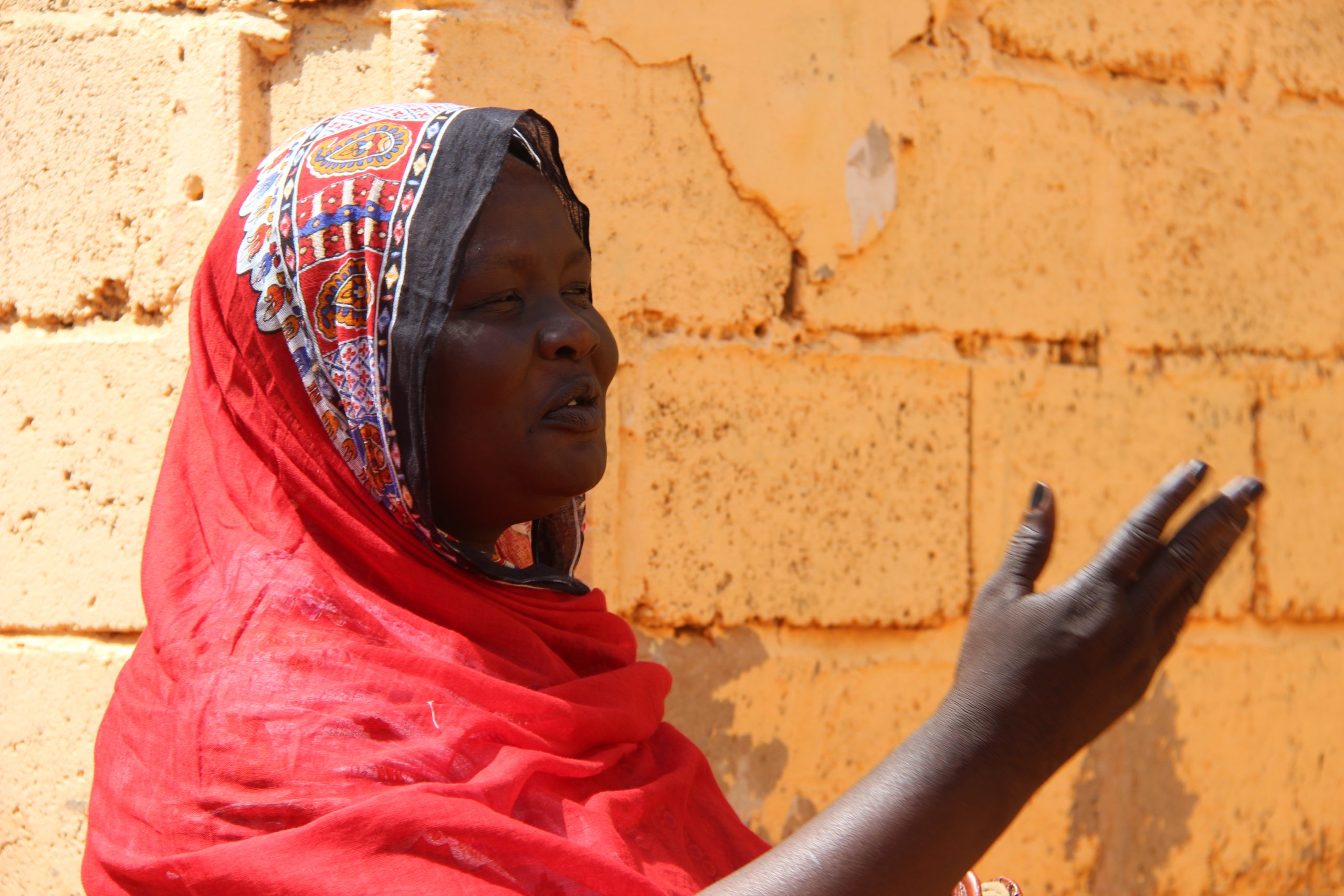In a positive step which is believed to be an answer to the prayers for Christians in Sudan, the government of Sudan has scrapped the death penalty for leaving Islam. Before now, anyone convicted of renouncing Islam, or apostasy, was sentenced to death, in line with the apostasy law.
The best known case was of Meriam Yehya Ibrahim Ishag, a pregnant woman who was sentenced to be hanged after she married a Christian man in 2014. Following a global outcry, the woman was released and managed to flee the country.
The harsh religious laws were introduced in the 1980s and had been enforced throughout the rule of Omar al-Bashir, who came to power in 1993 and was toppled in 2019.
“No one has the right to accuse any person or group of being an infidel… this threatens the safety and security of society and leads to revenge killings,” Sudan’s Justice Minister Nasredeen Abdulbari said last Saturday, elaborating on a trove of amendments passed last week.
According to Aid to the Church in Need’s 2018 Religious Freedom in the World Report, Sudan is a red-spot country for religious persecution of Christians where Christians are a minority constituting only 4.9% of a population of about 40 million people and has a long history of persecuting Christians, imprisoning church leaders and closing down churches.
Despite the right to religious freedom expressed in the constitution, issues including conversion, apostasy, blasphemy, proselytism and other “religious offences” are very much areas of concern.
In July 2017 the Ministry of Education of Khartoum state issued an order preventing Christian schools from holding classes on Saturdays and imposing on them the “Muslim weekend” of Friday and Saturday opposed to the usual weekend of Friday and Sunday permitted hitherto in such educational institutions.[13] Despite objections from different Christian groups, this regulation continues, disrupting the timetable of many Church schools.
Human rights organisations confirm that the government of Sudan continues to discriminate and oppress groups on religious grounds as though they were a threat to social cohesion or security. Frequently targeted are members of Christian churches based in the Nuba Mountains, a disputed region populated by insurgency groups demanding independence.





